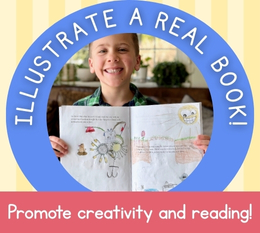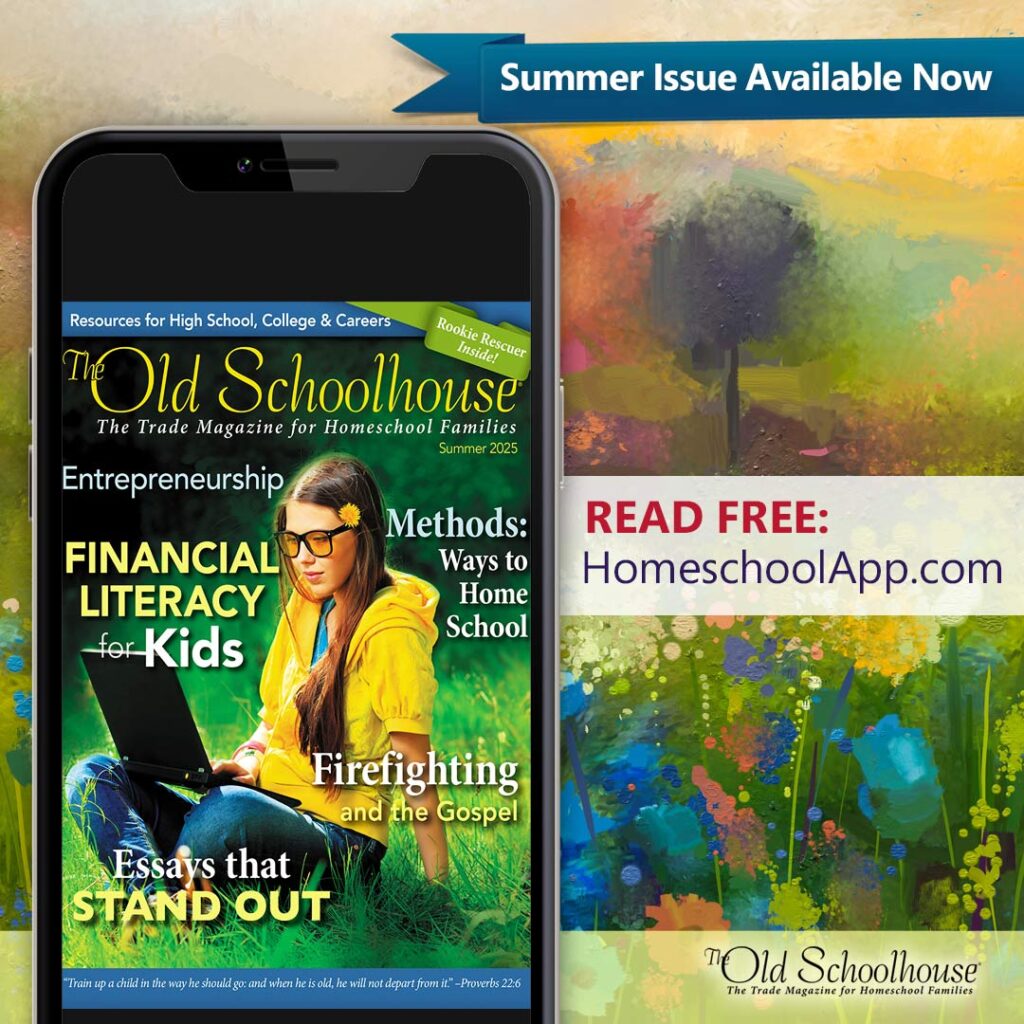The Old Schoolhouse® Product & Curriculum Reviews
With so many products available we often need a little help in making our curriculum choices. The Old Schoolhouse® Magazine family understands because we are in the same boat! Do you need more information on a product before you buy? With over 5,500 products listed in 52 easy-to-use categories, much of the information you need to know is only a click away! Let our reviewer-families help yours.
The Call to Brilliance Review by Carissa Ruiz
By Resa Steindel BrownFredric Press
1336 Moorpark Rd #332
Thousand Oaks, CA 91360
http://www.thecalltobrilliance.com/
This is a true story of the author's discovery that all children are born brilliant. She comes to this conclusion as she remembers that she had once been eager to learn as a young child; but as she continued her institutional learning, her love for learning was no longer encouraged. Instead, she found that her need to please others and belong was the driving force for getting through her education.
After having her own children, she decided to educate them using alternative schooling methods. She tried Montessori, homeschooling, and a type of un-schooling co-op. She began to see the differences between those who are institutionally educated and those who are schooled through alternative methods. After seeing these differences and also researching educational and child philosophers, she concluded that all children, given enough time and assistance, can be brilliant.
She gives a brief overview of her educational background, how she schooled her children, and what they are doing now as young twenty-something adults.
Many parts of this book were quite agreeable--such as when she spoke of the various problems of institutional education (from the classroom environment, to the philosophy of education, to the teacher training, to the actual content in the curriculum). I agree that we need to nurture a child's love of learning and that institutional schools do not accomplish that goal. I agree that parents should see their children as special, not "as empty vessels, but as full human beings with our divinely given gifts intact."
Other times I did not agree. I found the book to be too child-centric, focusing on the child as the center of the family. I also found it to be New Age, or humanistic, emphasizing phrases like "love is the ultimate goal" and looking toward human accomplishments and self-worth to make oneself feel better. Moreover, I felt that the book placed too much importance on college accomplishments as proof of brilliance. In addition, she quoted from people she clearly agreed with who are not friends to the Christian faith, like John Dewey and the Dalai Lama.
As a homeschooler and a Christian, I agree with the author's rejection of institutional education. However, I disagreed with her use of the term "homeschooling." She said several times her children were homeschooled, but after reading and rereading the book, I find that she only homeschooled one child for one year. Originally, she had all of her children in Montessori schools, and then she pulled one child out to homeschool him for one year. Then she placed them all in an experimental co-op type of school that was created for a company to school its employee's children. This school employed the un-schooling method, so that any decisions regarding what and how the student learned was left to the authority of the child. I am not disagreeing with the methods of schooling she chose for her children. I just disagree that it is called homeschooling.
On the whole, I don't find that this book gives a clear description of what should be considered brilliant. I believe a Christ-centered family would describe their brilliant children differently. I also believe there are other books that explore this concept with a much less humanistic viewpoint (for instance, I Saw the Angel in the Marble by Chris and Ellyn Davis).
In conclusion, I think this book is created more for educators and parents who have a more humanistic worldview--they would find it encouraging. I personally would not recommend this book as anything more than another description of how one mother schooled her children.


















































